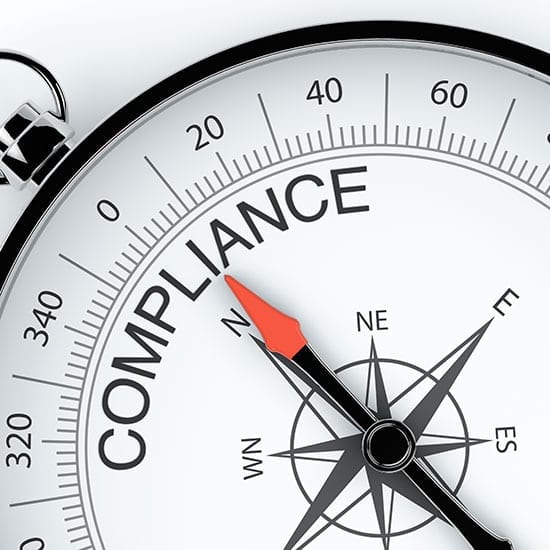Avoiding Tax Audits and What to Do If Your Business Is Audited
The term “audit” can make the average business owner shudder. Being audited is not only time consuming, but it also can be nerve-wracking. It takes you away from focusing on your company’s operations and forces you to deal with cumbersome requests for information.
The best way to deal with an audit is to keep it from happening. While avoiding an audit is not always possible, you can take steps to decrease the likelihood that your company is audited.
Red Flags That May Trigger an Audit
The IRS only audits about 0.5%* of all tax returns. It has to review so many that most returns are simply not reviewed in-depth. Instead, there are a few things that the IRS will look for that will often trigger the need for an audit.
Multiple Net Losses Year-After-Year
If you are in business, you likely want to make money from your venture. However, showing a net loss on your tax return is a good way to avoid having to pay any tax obligations. Every business will have an off-year or two, but if you consistently lose money year after year, the IRS may eventually question why you are still in business.
In general, if you show more than two years of losses within five years, there is an increased likelihood that the IRS will audit you. Sole proprietorships are even bigger targets for this type of scrutiny because there is an increased likelihood that you are comingling business funds with your personal bank accounts (which you should not do as a business owner!).
Giving Large Sums to Charity
While giving to charity is generally admirable and can be a good way to save money at tax time, it is also a sign that you are shifting income to avoid paying taxes. Too much giving can look suspicious to the IRS.
To avoid triggering an audit, ensure that your giving is reasonable under the circumstances. Having a regular giving pattern can help you avoid an audit as well.
Higher Income Levels
Although being successful is not a bad thing, business owners with higher receipts are more likely to get audited compared to those with lower income levels. Although it is unclear why this happens, it could simply be that the IRS is not going to waste time finding errors for those businesses that simply are not taxed that much to begin with. Once the dollar amounts get higher, inaccuracies or omissions suddenly become much more valuable to the IRS.
Large Salaries or Failing to Report Salaries
If you give yourself a large salary as a business owner, that can signify that you are attempting to avoid having to pay taxes at the corporate level. This red flag generally is not an issue for sole proprietorships, who do not provide themselves a separate wage, but those who work as part of an LLC or corporation who have very high wages could find themselves on the receiving end of an audit fairly quickly.
As a corporation, you are also required to pay yourself a salary before the company can make distributions in most circumstances. Not giving yourself a wage can also mean that you are avoiding a layer of taxes that you should otherwise pay.
What Should You Do If Your Business is Audited?
Keep in mind that an audit is simply a more in-depth look at your books and records. If you are completing your taxes correctly, an audit may be an annoyance, but it should not be as scary as you might think. For the most part, you simply need to provide the supporting documents for your tax return to the IRS for a “second look.”
The IRS can conduct an audit in person or through the mail. In general, the IRS attempts to conduct most audits within two years of the date that you filed your return, but they can go back further in some circumstances as well. Six years is the limit for federal audits.
Mail audits are the most common for businesses. The IRS will send you a letter describing the information that they need, and you will provide it to them in the mail as well. The letter from the IRS should provide you with enough information to determine what the IRS is looking for and when they need the data. Read the letter carefully and following instructions carefully.
The help the audit process run smoothly, be sure to use the following tips.
- Read the IRS letter carefully and provide the information requested (no more, no less)
- Keep good records of every credit, deduction, expense, and item of income for at least three years after you file your tax return
- Do not give the auditor original documents, but provide copies
- If there is a field audit, ask that your tax professional or bookkeeper be available as needed
- Be polite and courteous to the auditor (being nice can go a long way)
Although audits are cumbersome, they do not have to be frightening. Keeping good records and staying organized can help you deal with an audit effectively and come out on top.

